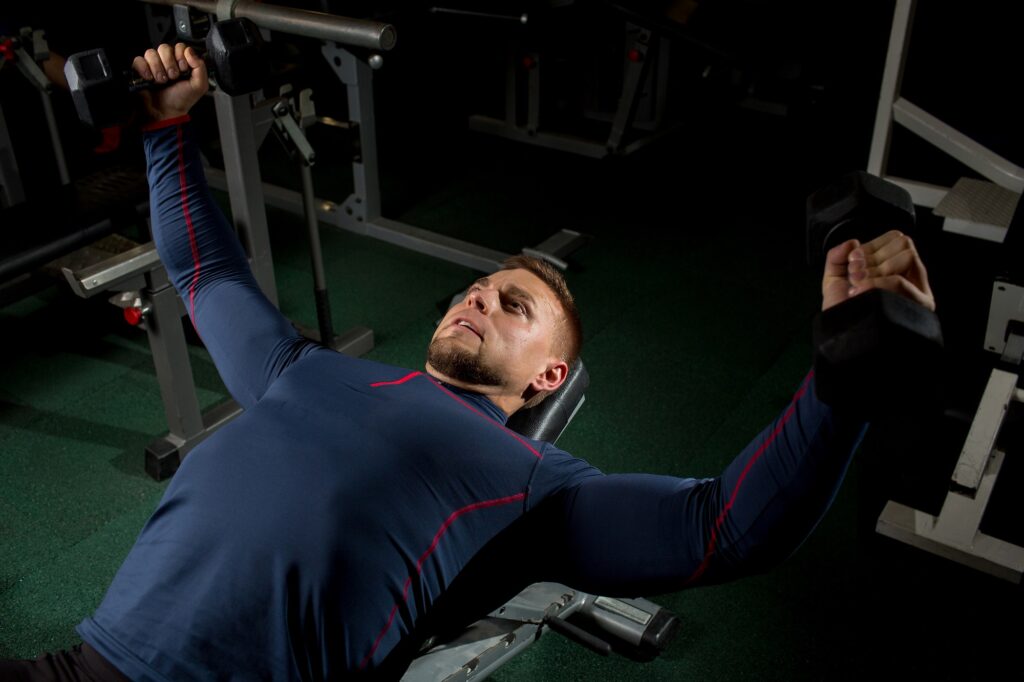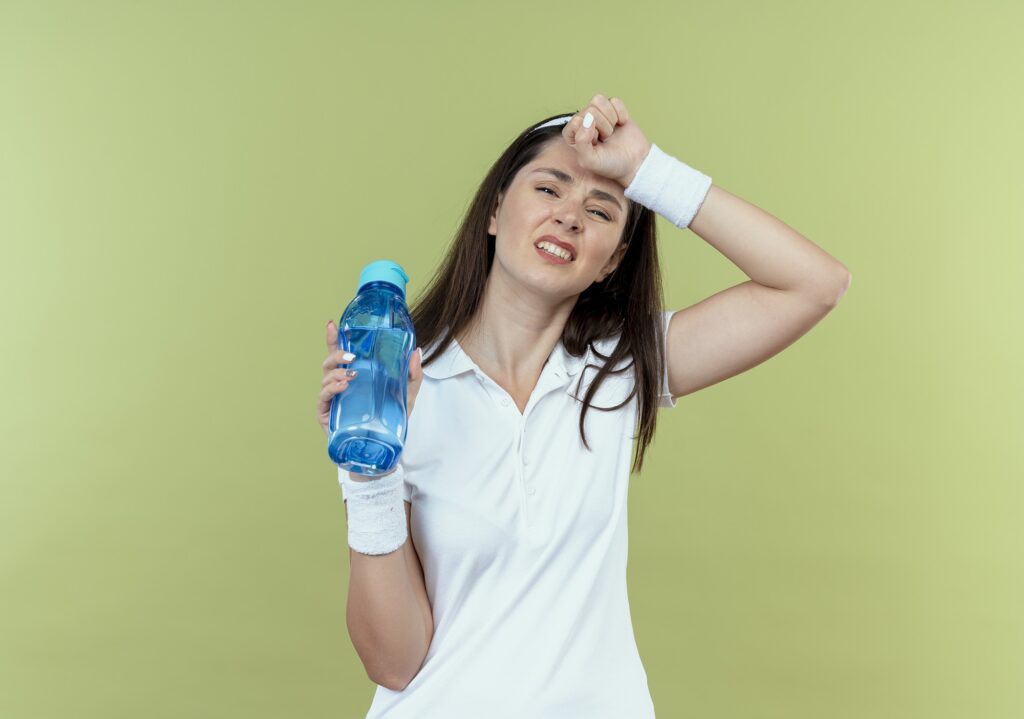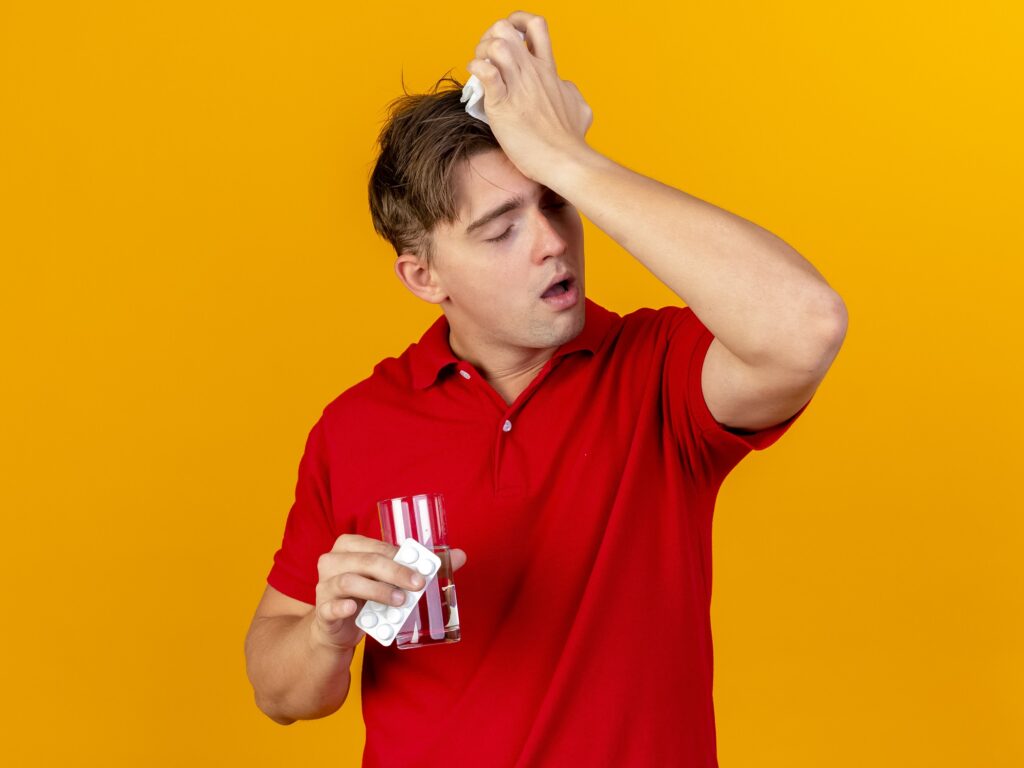When it comes to exercising, sweat is often seen as a sign of hard work and effort. However, not everyone sweats the same amount during their workout sessions. Some people seem to sweat more than others, and this can raise questions: Is there something wrong with them? Is it a sign of a better workout or just a normal variation in the way our bodies function? Let’s dive into why some people sweat more during workouts and what it means for your fitness journey.
The Science of Sweating
Sweating is the body’s natural way of regulating temperature. As you exercise for body transformation, your muscles generate heat. To prevent overheating, your body activates sweat glands to cool you down through evaporation. Sweating is essential for maintaining optimal body temperature and avoiding heat-related issues like heat stroke.
Your body contains two types of sweat glands:
- Eccrine glands: These are found all over the body and are responsible for most of the sweat produced during exercise. They are directly involved in cooling the body by releasing watery sweat.
- Apocrine glands: These are located in areas such as the armpits and groin. They secrete a thicker, more odorous sweat, which is activated by stress or emotional triggers rather than physical exertion alone.
Sweating during a workout can vary based on factors like intensity, environment, and individual characteristics. Let’s explore why some people may sweat more than others.
1. Fitness Level

It might seem counterintuitive, but more physically fit people often sweat more. When you exercise regularly, your body becomes more efficient at cooling itself down. As your body transformation fitness level improves, your cardiovascular system gets better at handling physical stress, leading to an increased rate of sweat production.
For example, a seasoned runner or someone who regularly participates in high-intensity workouts will sweat more quickly and in higher volumes compared to someone just starting their fitness journey. This is because their bodies have adapted to regular exercise, meaning the body kicks into cooling mode sooner and more efficiently.
2. Genetics and Body Type
Genetics plays a significant role in determining how much a person sweats. Some individuals are naturally predisposed to sweat more, thanks to their sweat glands’ activity levels. If your family members tend to sweat a lot, there’s a good chance that you’ll sweat more than others, too.
Body size and composition also come into play. Larger individuals tend to sweat more simply because they have more muscle mass and body fat, both of which generate more heat. Likewise, people with higher body fat percentages may sweat more because their bodies work harder to regulate temperature. People with more muscle mass can also sweat more due to the higher energy expenditure required during physical activity and body transformation.
3. Environmental Factors
The environment where you work out can significantly affect how much you sweat. Hot and humid conditions force your body to sweat more to cool down. If you’re exercising outdoors in the summer or in an indoor gym with poor ventilation, expect to sweat more than you would in a cool, dry environment.
Humidity, in particular, can be tricky. When the air is saturated with moisture, sweat evaporates less efficiently, and your body compensates by producing even more sweat during workouts. Conversely, dry heat allows sweat to evaporate faster, but it can still be uncomfortable, leading to more sweat.
4. Hydration and Diet

What you consume before and after a workout can influence your sweat production. Staying well-hydrated is crucial for maintaining proper sweat function. Dehydration can reduce your body’s ability to sweat efficiently, leading to heat exhaustion or heat stroke. On the other hand, being well-hydrated helps your body produce sweat that cools you down faster and more effectively.
Certain foods and drinks can also make you sweat more. Spicy foods, caffeine, and alcohol can increase sweat production by stimulating your sweat glands. Caffeine, in particular, is a stimulant that elevates your heart rate, which increases your body temperature and leads to more sweat.
5. Hormones and Stress
Hormones play a significant role in how much you sweat. Men and women can experience different sweating patterns due to hormonal fluctuations. Women may sweat more during the second half of their menstrual cycle due to changes in hormone levels. Similarly, stress-induced sweating, often called “nervous sweat,” can make you sweat more during intense workouts or stressful situations. This type of sweat is produced by the apocrine glands and is typically thicker and odoriferous.
6. Health Conditions and Medications

Some medical conditions can cause excessive sweating during exercise. Known as hyperhidrosis, this condition leads to abnormally high sweat production, even when not physically exerting yourself. Conditions like thyroid disorders, obesity, diabetes, and certain heart conditions can also increase sweating during exercise, as these issues can affect the body’s temperature regulation mechanisms.
Moreover, some medications may contribute to excessive sweating. Medications used to treat depression, anxiety, and pain, among others, may disrupt the body’s natural temperature regulation and lead to excessive sweating during physical activity.
What Does Sweating More Mean?
Sweating more during a workout generally isn’t a bad thing. It’s a sign that your body is working hard to maintain its temperature and is adapting to the physical demands placed on it. If you’re someone who sweats a lot, it’s a sign that your body is efficient at regulating heat. However, hyperhidrosis or excessive sweating could indicate underlying health issues, especially if it occurs without any physical exertion or is accompanied by other concerning symptoms.
Conclusion
While some people sweat more than others during workouts, it’s essential to remember that this variation is usually perfectly normal. Your fitness level, body type, environment, diet, hormones, and even genetics all play a role in determining how much you sweat. Embrace the sweat—it’s a sign that your body is working hard to keep you cool and healthy during exercise! However, if you experience abnormal sweating, it’s always worth consulting a healthcare professional to rule out potential health concerns.



